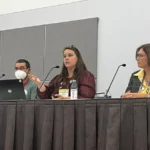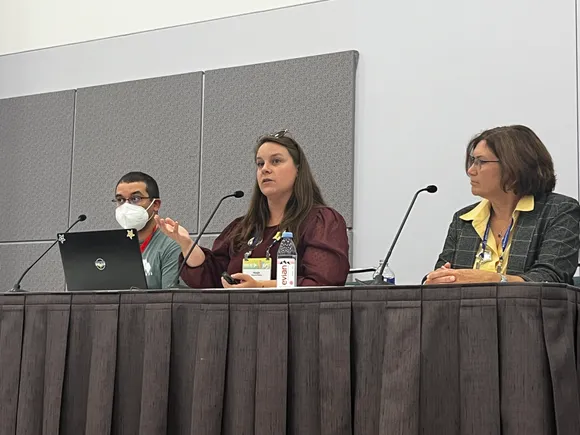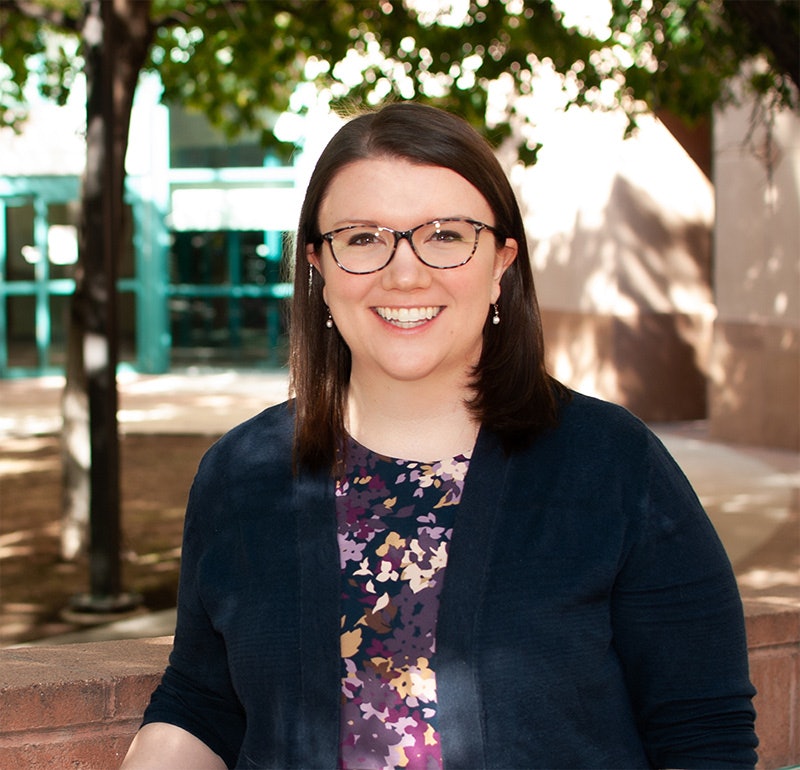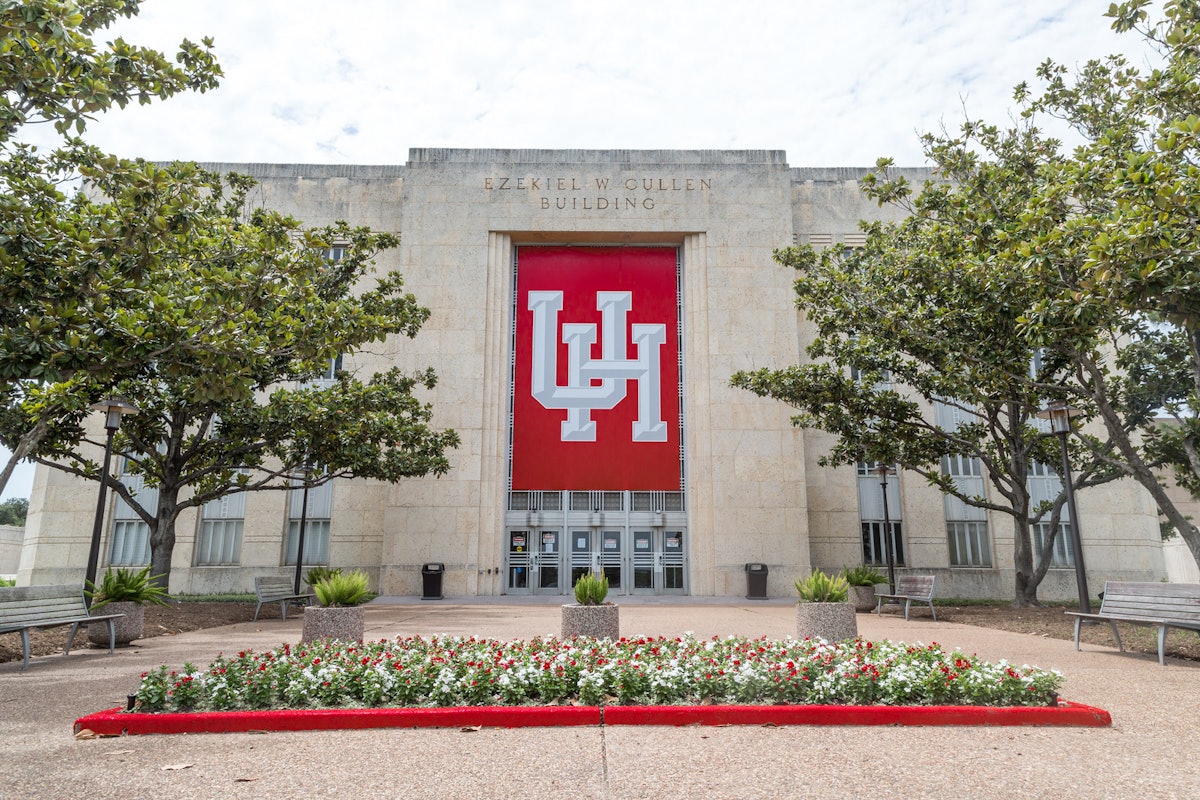New courses are mostly based around meeting unmet demand. But given the speed in which innovation now occurs, new courses risk being reactive to the events and trends of yesterday, rather than in anticipation of future demand of tomorrow. It’s the difference between being supply led and demand led.
Thanks to today’s market dynamics and advances in technology, education can rarely keep pace with innovation. Some old terms can become refashioned. Just look at how much we refer to enterprise instead of entrepreneurialism. And other go-to trends soon become consumed within the everyday narrative, with forensics, robotics, climate change, big data, cybersecurity, renewables, and artificial intelligence just a few cases in point.
My job involves anticipating future demand through insights derived from engagement with students, industry, influencers, agents etc. I have found that the changes in market dynamics have never been greater and faster than now. And with these dynamics, graduates have to acquire an ever more complex portfolio of skills, attributes and experiences, to be both relevant and differentiated within an increasingly competitive market.
Has this impacted audience perceptions? For some yes, but international education is saturated with students whose course decision is based around the perceived security and opportunities which their qualification affords, not what in their hearts they want to study. For example, a degree in Business may be seen to open doors to business, but does it adequately equip them for the sophisticated specialisations which global business now demands.
Market dynamics are causing not only the language but the approach to education to change, in response to the needs of new industries and technologies. Today’s graduates need to be portable and flexible, able to immediately transition between different sectors, locations, responsibilities, and roles. They need to hit the ground running in unknown and complex workplace settings, often without the luxury of time and personal guidance.
Take engineering, a highly regulated field where demand for graduates outstrips global supply. Engineering is largely based around curriculum built upon a structured foundation. The fundamentals of engineering still apply, as do various specialisations such as project management. But engineering demand has shifted from the broad to the narrow, given the specialist requirements needed for niche applications, such as driverless vehicles, automation, facial recognition, smart buildings, and space technologies.
As different disciplines transition to accommodate ever-changing dynamics, the curriculum, teaching specialisations, delivery mechanisms and language, will all need to respond to ever evolving social and behavioural trends.
Behavioural trends
Demand is largely a product of social factors that define audience attitudes, perceptions and preferences. The lure of premium brands still continues, but social and media platforms have amplified the desire for the latest technologies, work life balance, and immediate fulfilment.
With access and immediacy come heightened expectations, at a time when exposure to screen time has reduced direct interaction and increased the use and reliance of virtual networks.
Family behaviours have also been impacted by increased affluence and social attainment, as reflected by luxury cars, travel, outward displays of wealth, and education choices. When examining the viability of an offshore campus for example, the first place to look is the number of new five-star hotels and shopping malls, European cars, and international schools.
Whilst students possess greater awareness of the opportunities presented by the latest technologies and innovations, many still choose safe options, often based around parental preferences.
But are safe choices wise choices? After all, employment still remains the number one ROI for most international students and their families.
Industry expectations
Employers will be the first to acknowledge a worldwide excess of accounting graduates. And with the quality of domestic supply now increasing across many source countries, the need to pay premium salaries for overseas educated graduates comes into question.
Many employers have lost patience with overseas educated graduates. Their expectations are often considered too high, especially around rapid career progression, higher income levels than locally educated graduates, and a reluctance to undertake mundane work.
Graduate retention has become an ongoing frustration, with supervised training schemes being replaced by demand for graduates who can independently perform. Many employers are now also recruiting graduates for specific projects and on short-term contracts.
Enhanced industry and workplace settings will require graduates to possess a broad and continually updated backpack of skills, competencies, attributes and experiences.
So which does come first? Education or innovation?
An international education is no longer a rite of passage. No student, international or domestic, can be assured that their qualification alone is sufficient to carve a successful future. It is also down to the individual, which can mean changing expectations and building their own individual brand equity through a unique individual portfolio.
Graduate retention has become an ongoing frustration, with supervised training schemes being replaced by demand for graduates who can independently perform
Students today can never stand still. An international education is an experience that extends far beyond study. Despite current demand, some traditional degree nomenclatures will be replaced by new specialist fields that define how and where a graduate is needed.
Given the pace of innovation and ever sophisticated workplace settings, graduates will have to continually step in and out of education to remain relevant. Which means redefining the study experience for students and institutions alike. For students this includes sourcing and securing new opportunities inside and outside the classroom.
Innovation has become an integral feature of the education landscape, reflected by new teaching methods, courses, placement mechanisms, and incubators to help students establish their own start-up enterprises.
Institutions have traditionally relied upon a singular purchase decision, a fixed period studying for a formal qualification. Some institutions today are slowly evolving into a lifelong reference point for students as they progress through life, transition careers, and constantly build new individual assets.
All this means delivering courses that cater for next generation industries and such behavioural trends as the demand for intensive competency-based courses. And it raises the prospect of institutions developing lifelong loyalty programmes that reward ongoing education participation through their role as a career partner, irrespective of a student’s location.

#Education #innovation










